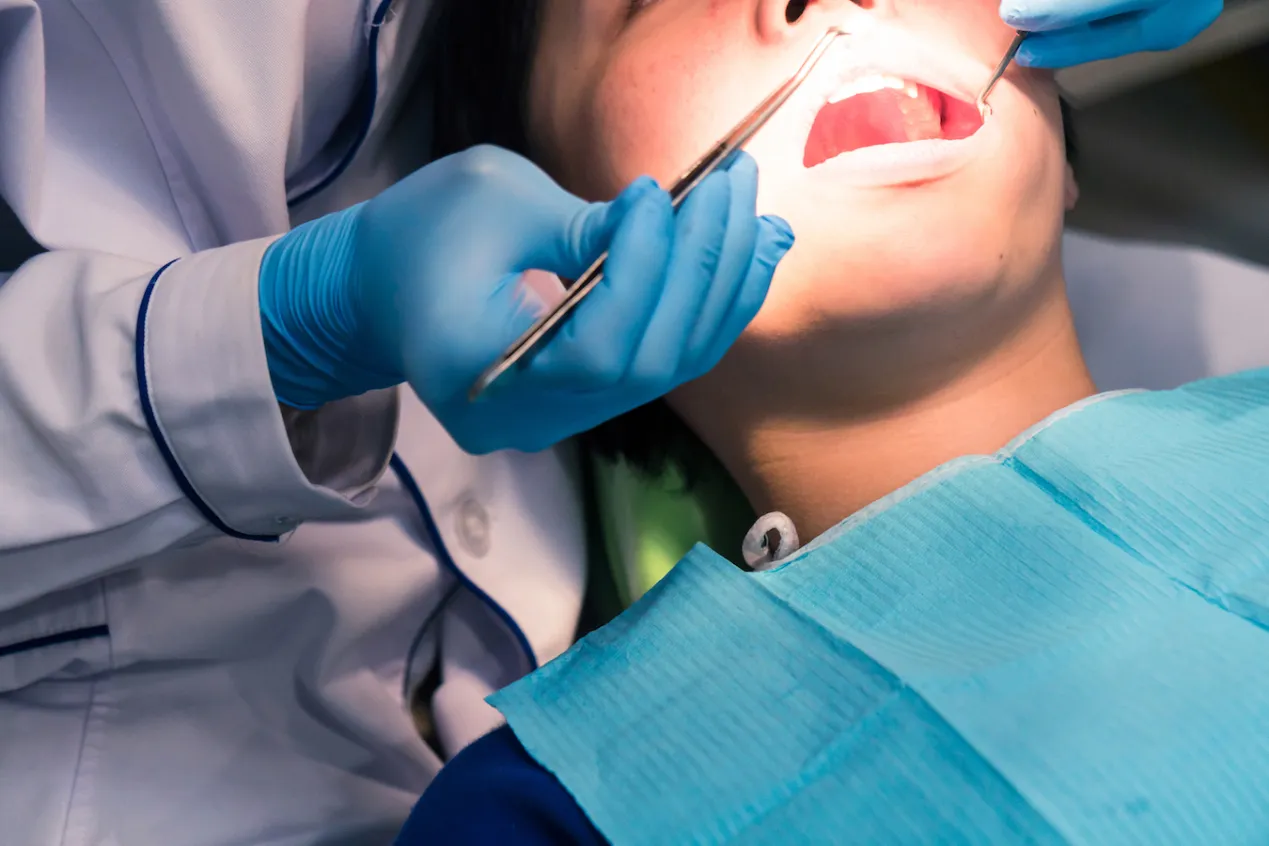Find the very best Dentist in Eugene Oregon for Your Family members's Oral Demands
A Guide to Common Dental Problems That Require a Dental practitioner's Care
Toothaches, for example, can be symptomatic of extreme issues such as tooth cavities, split teeth, or abscesses, each requiring particular treatments like fillings or origin canals. Influenced wisdom teeth and jaw problems can present considerable discomfort and issues.
Toothaches
Toothaches are an usual dental condition that can range from moderate discomfort to severe pain, often indicating an underlying problem that needs expert interest. This discomfort can originate from a range of resources, consisting of tooth decays, cracked or fractured teeth, and oral abscesses. Each of these conditions poses substantial risks if left unattended, potentially resulting in extra extreme issues.
Tooth decays, also referred to as cavities, are caused by the accumulation of plaque that deteriorates tooth enamel, bring about openings or pits in the impacted teeth (dentists eugene). Broken or fractured teeth, on the various other hand, might result from trauma, grinding, or attacking into difficult objects. These structural damages can reveal the delicate internal layers of the tooth, creating pain and enhancing the danger of infection. Abscesses are excruciating infections at the origin of a tooth or between a tooth and the periodontal, normally resulting from serious decay or without treatment cavities.
Efficient therapy of toothaches entails addressing the source. This might consist of dental fillings for cavities, crowns for cracked teeth, or origin canals and anti-biotics for abscesses. Very early treatment by an oral specialist can avoid further damage and minimize discomfort, ensuring optimal dental health and wellness.
Gum Disease
Gum tissue condition, a prevalent yet usually neglected oral condition, materializes with swelling and infection of the gums and supporting cells. If left untreated, gingivitis can advance to periodontitis, a much more severe type characterized by the damage of the sustaining bone and connective tissue, ultimately leading to tooth loss.
The primary reason for periodontal illness is microbial plaque, a sticky, anemic movie that regularly bases on teeth. Poor oral hygiene, smoking, genetic predisposition, and specific clinical problems, such as diabetes mellitus, can intensify the risk of developing gum disease. Regular oral examinations are important for very early detection and administration of this problem.
Therapy for periodontal illness ranges from professional dental cleansing and scaling to advanced treatments like origin planing and periodontal surgical procedure, depending upon the seriousness. Maintaining excellent dental hygiene practices, including brushing two times daily, flossing, and utilizing an antiseptic mouthwash, can significantly reduce the threat of periodontal illness and promote much healthier periodontals.
Tooth Cavities
Tooth cavities, also referred to as tooth decays, are a typical dental problem defined by the destruction of tooth enamel as a result of acid-producing germs in the mouth. These microorganisms thrive on sugars and starches from food and drinks, creating acids that progressively wear down the enamel, bring about cavity development.
Early-stage dental caries might not show signs, but as they proceed, they can trigger tooth pain, sensitivity to cool or hot, noticeable openings or pits in the teeth, and staining. If left neglected, dental caries can penetrate much deeper layers of the tooth, potentially causing severe pain, infection, and even missing teeth.
Preventing tooth cavities involves a mix of good oral health practices and dietary routines. Normal cleaning with fluoride tooth paste, flossing, and regular oral exams are check out here critical. Dental professionals might additionally recommend extra safety nets, such as fluoride treatments and oral sealants, to safeguard teeth from decay.
Small dental caries can be addressed with oral fillings, which bring back the tooth's framework. More sophisticated instances might need crowns or even root canal therapy if the degeneration has actually reached the tooth's pulp.

Impacted Wisdom Teeth
Affected knowledge teeth are a prevalent oral problem that takes place when the third molars, commonly referred to as knowledge teeth, stop working to totally emerge or straighten correctly within the mouth. This problem often results from not enough room in the jaw or an abnormal growth angle of the teeth. Influenced knowledge teeth can lead to a range of problems, consisting of infection, damage, and discomfort to nearby teeth.
When wisdom teeth additional reading become impacted, they are typically partly emerged or stay totally under the gum tissue line. This partial eruption can develop a pathway for germs to go into the gum tissues, causing infections that manifest as swelling, discomfort, and also high temperature. In addition, influenced knowledge teeth can apply stress on bordering teeth, potentially causing crowding or shifting.
A thorough dental evaluation, normally entailing X-rays, is essential for detecting influenced wisdom teeth. Treatment frequently entails surgical extraction, carried out by an oral doctor. The treatment aims to minimize discomfort and stop additional problems, such as cysts or damage to surrounding bone frameworks. Post-operative treatment is important to make sure proper recovery and reduce the danger of infection. Normal dental examinations are advisable to keep track of the problem and preserve dental wellness.
Jaw Conditions
Jaw problems, jointly called temporomandibular joint (TMJ) disorders, encompass an array of conditions that influence the jaw joint and bordering muscles. These disorders can materialize through symptoms such as discomfort or tenderness in the jaw, trouble chewing, a standing out or clicking audio when opening or shutting the mouth, and even persistent migraines. TMJ disorders can develop from numerous variables, including joint inflammation, jaw injury, or habitual actions like teeth grinding or jaw clenching.
Diagnosis of TMJ conditions usually involves an extensive analysis by a dental expert, including a physical examination of the jaw, dental X-rays, and occasionally progressed imaging techniques like MRI or CT checks to evaluate the joint's condition. Therapy choices differ depending on the severity of the disorder. Non-invasive approaches such as physical treatment, dental splints, and drugs focused on lowering inflammation and pain are frequently first-line treatments. In extra extreme instances, medical treatments might be essential to fix architectural issues within the joint.
Very early intervention by an oral specialist is critical to prevent the development of TMJ conditions and to maintain overall dental wellness. Clients experiencing relentless view it jaw discomfort or disorder ought to look for punctual evaluation and treatment.
Conclusion
Maintaining oral health and wellness necessitates prompt professional like deal with typical oral conditions. Toothaches commonly show underlying concerns such as dental caries, split teeth, or abscesses, needing prompt intervention. Gum disease, from gingivitis to periodontitis, needs routine dental exams and cleanings to avoid progression. Impacted wisdom teeth and jaw disorders likewise need professional attention to ease pain and prevent additional difficulties. Regular dental sees are important for identifying and treating these conditions, ensuring overall dental health and well-being.
Oral cavities, additionally known as decays, are caused by the buildup of plaque that wears down tooth enamel, leading to holes or pits in the influenced teeth. Abscesses are excruciating infections at the root of a tooth or in between a tooth and the gum, typically resulting from serious decay or unattended tooth cavities.

In addition, impacted knowledge teeth can exert stress on surrounding teeth, possibly causing crowding or shifting.